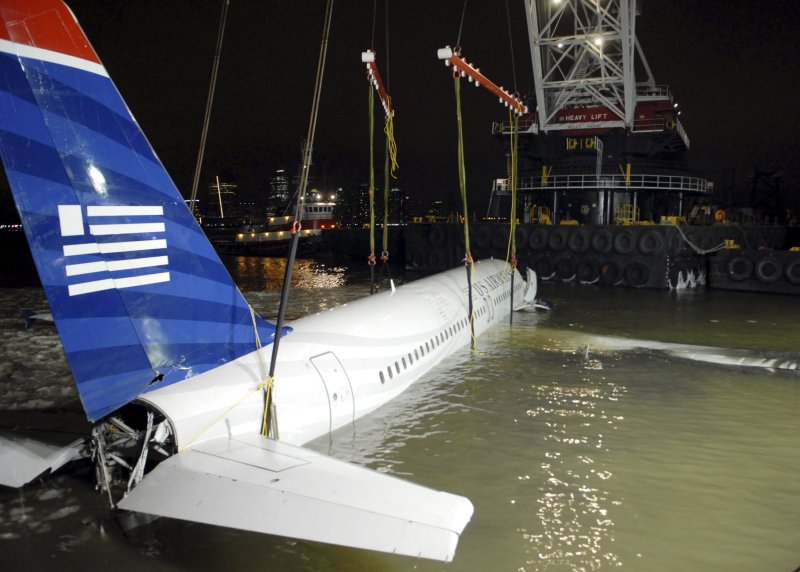WASHINGTON, April 22 (UPI) -- The U.S. Transportation Department said it was preparing to reject a proposal that would keep secret information about where and when birds hit airplanes.
The Federal Aviation Administration in March posted in the Federal Register for public comment a proposal that would bar the release of its records on bird collisions, The Washington Post reported Wednesday. The proposal came after an incident in January when geese brought down a commercial flight, forcing the pilot to ditch into New York's Hudson River.















